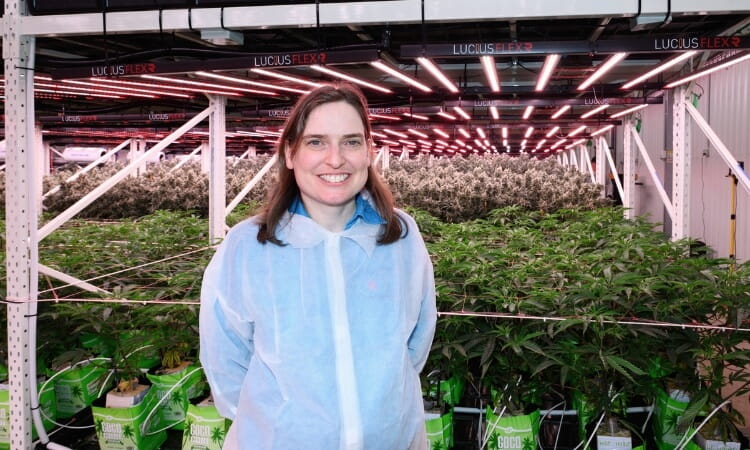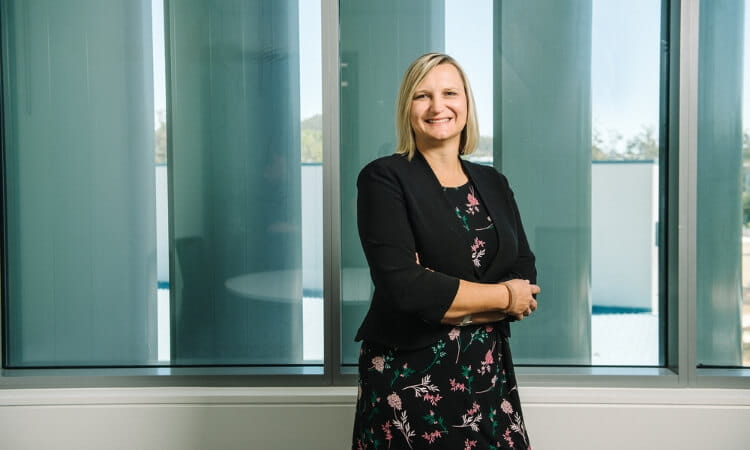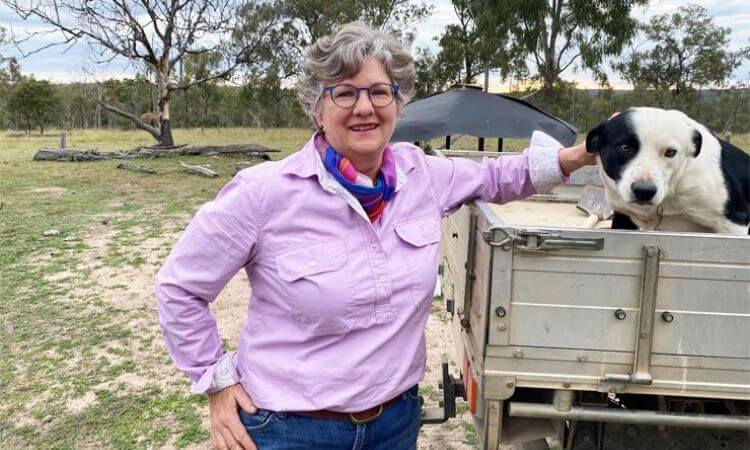The University of Southern Queensland (UniSQ) is leading an out-of-this-world project to test machine vision technology for plant monitoring in space, which could provide vital clues to address food security challenges on Earth.
The technology uses an AI algorithm developed by Associate Professor Cheryl McCarthy from the UniSQ Centre for Agricultural Engineering to detect early signs of plant stress using regular camera footage well before it becomes visible to the naked eye or traditional methods and optimise growth.
The project builds on previous UniSQ research, which pioneered plant monitoring algorithms. The technology can monitor plant stress using regular camera footage, making its applications far-reaching.
The importance of testing plant health in space using machine vision technology is the unique data that will be provided from the harsh extraterrestrial conditions.
“Machine vision can play a crucial role in future food production systems,” Associate Professor McCarthy said.
“The project will capture images of plants as they grow in space to monitor their health and development.
“Our goal is to detect early signs of stress and explore how this technology can be adapted for commercial farming on Earth.”
The iLAuNCH Trailblazer-backed initiative unites several industry and research partners, including Axiom Space, the University of Adelaide, Yuri, and Medicinal Harvest.
iLAuNCH Trailblazer Executive Director Darin Lovett said the project would position Australia at the forefront of space agriculture technology.
“We are excited to help facilitate a project with such important potential outcomes,” he said.
“It is vital work that could lead to innovative solutions that bridge space exploration and terrestrial food security.”
The project is targeted to take place in 2026.
Medicinal Harvest Director Tracey Perez said the machine vision technology also had the potential to greatly improve how medicinal plants are cultivated and monitored.
“We are excited to be testing the machine vision technology developed at UniSQ in our Medicinal Harvest indoor cultivation facility in Queensland,” she said.
"The ability to detect subtle changes in plant health as early as possible is vital to ensuring high-quality yields and more resilient plants.”
Read more about the work happening at UniSQ’s Centre for Agricultural Engineering and the iLAuNCH Trailblazer.



